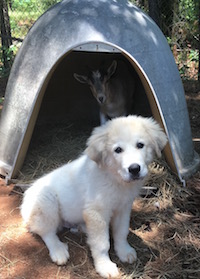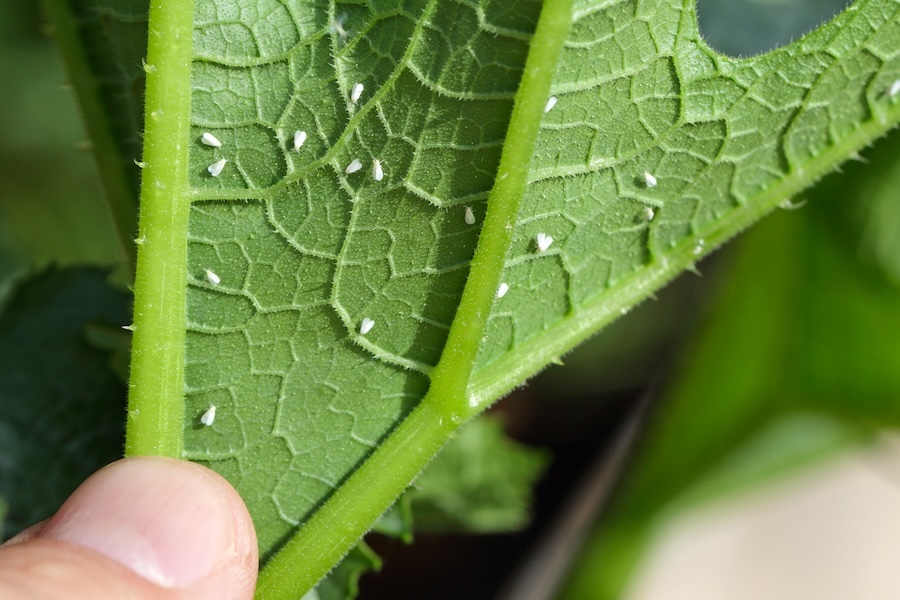If you own a pet, chances are you’ve dealt with fleas in some form or fashion. Unfortunately, our yards are fleas’ resorts, and they consider our pets to be their own personal valets and moving diners. Even wild animals can become a traveling flea circus.
These problem insects can be an even bigger problem in the summer months. These recommendations from University of Georgia Cooperative Extension will help you prevent and eliminate flea problems in your home or yard.
Start outside. Fleas are usually not a problem in sunny patches of the yard that are mowed short. Areas that are moist and shady — under a deck or porch, in a garden or flower bed, or in a doghouse — can be prime breeding grounds. To avoid major infestations, mow frequently, trim vegetation, rake up debris, and remove leaves from in flower beds and under bushes. These measures allow landscapes to dry out, which makes them less conducive to fleas.
Treat indoor infested areas. If you find fleas on your pet, there are usually more fleas indoors that you can’t see. You must treat the pet, the pet’s indoor and outdoor environments, and other animals with fur. All areas must be cleaned and treated at the same time to remedy the problem. Treat all places where dogs and cats spend time, including the garage, car, basement and carrier. Vacuum the carpets and upholstery, and as soon as vacuuming is complete, seal the vacuum bag in a plastic bag and discard it in an outdoor trash can. Continue to vacuum the carpet and upholstery at least twice a week and dispose of the vacuum bag in the same manner. You may choose to steam clean carpets depending on the magnitude of the problem.
Treat pets. Many commercial options are available for monthly flea prevention and control. Talk to your veterinarian about whether a topical product, pill or collar is best for you and your pets, especially if they’re pregnant, nursing, geriatric or sick. Read all labeling and instructions thoroughly before administering the medication to your pet. Remember that a product that works for dogs may be toxic to cats. Also remember to wash, treat or discard all animal bedding when fighting a flea infestation.
Consider insecticides. Try to avoid spraying insecticides indoors, especially because some may stain or leave a strong odor. It’s best to clean the house and treat the pets and the yard. There are many granular products on the market that can be spread around the house’s perimeter or across the whole yard. Focus on the damp and dark places, like in flower beds and under decks.
Remember that insecticides only kill adult insects, not their eggs. Flea pupae can lay dormant for up to 170 days, which is long enough to live through a cold winter or just between sprays. Multiple applications of treatment may be necessary.
When you’re using pesticides, observe all of the directions, restrictions and precautions on the pesticide label. It is dangerous, wasteful and illegal to do otherwise. Store all pesticides behind locked doors in their original containers with their labels intact. Keep pesticides out of the reach of children.
Flea control requires perseverance. All practices to eliminate fleas must be done properly, on time and may have to be repeated. For more information visit www.extension.uga.edu/publications and search for “Stinging and Biting Pests” (Circular 782).




.png)


